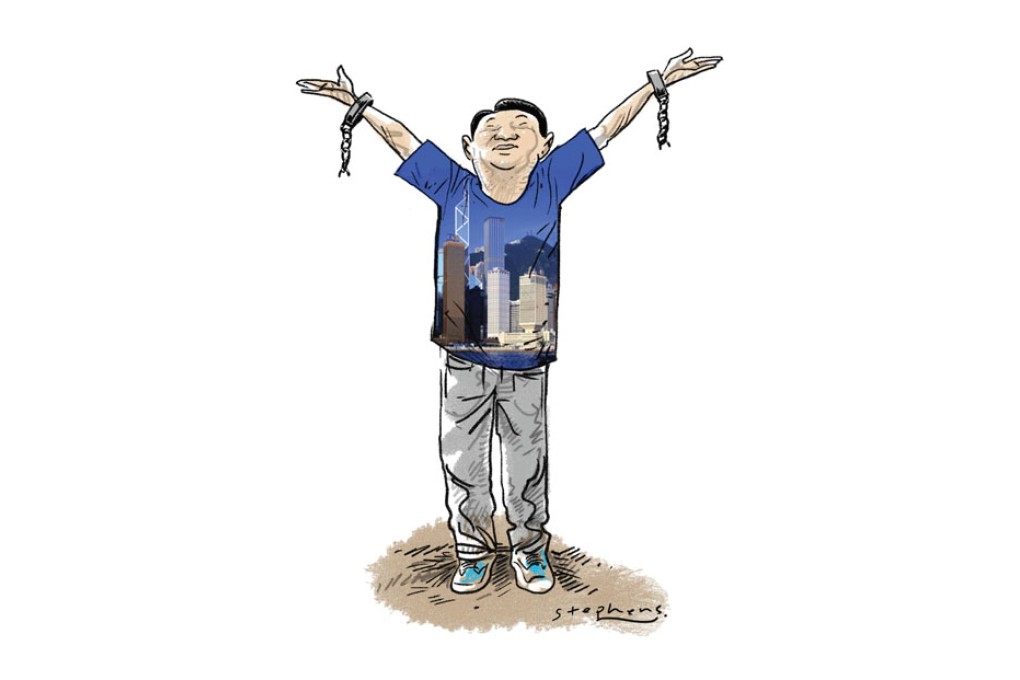Turnout for Occupy Central vote a stirring show of Hong Kong defiance
Anson Chan says Hong Kong's determination to preserve its freedoms, as reflected in the massive turnout for the Occupy Central vote, demonstrates how far the community has matured - despite what Beijing might think

As Occupy Central's civil referendum draws to a close, we can afford to pause and reflect on the old maxim that a week is a long time in politics. When the poll opened, on June 20, the organisers were bracing themselves for a "damp squib" - a turnout possibly so low as to call into question the whole purpose of the exercise.
The reasons for gloom were clear. Successive opinion polls showed the majority of those canvassed do not support Occupy Central. A further body of opinion felt cheated because all three proposals put forward in the referendum include the right for ordinary registered voters to nominate candidates for election to the post of chief executive, something that has been firmly ruled out by the Hong Kong and central governments because it potentially bypasses the role of the nominating committee mandated by Article 45 of the Basic Law.
In the event, the response of the Hong Kong public to the referendum has exceeded the organisers' wildest expectations. At the time of writing, more than 740,000 people have cast votes and there are still two days to run; more than 20 polling stations throughout the territory will open on Sunday.
Why have so many decided to vote in the referendum? Quite simply, people are angry.
They are fed up with the constant stream of threatening and insulting rhetoric emanating from Beijing officials and state-controlled media. They are fed up with blatant distortions of facts, such as the assertion that the referendum is illegal, which it patently isn't.
And they are fed up with the double standards practised by pro-Beijing elements and, sadly, by our own government officials, who readily denounce the illegality of Occupy Central - which hasn't happened and may never happen - but somehow turn a blind eye to the self-confessed abuse of the voting system by some pro-China groups, not to mention the shocking scale of the cyberattacks on the referendum's online voting platform and on and Next Media servers. These attacks - which IT experts have characterised as "world class" both in scale and sophistication - temporarily took down not just the targeted websites, but also those of other businesses that have no connection with the Occupy Central campaign.
Most of all, people are angry that the State Council chose this moment to issue a white paper that redefines "one country, two systems", and makes clear that whatever autonomy Hong Kong enjoys is for the central government to give and take away at its pleasure. This move was clearly intended to dissuade Hong Kong people from voting, but has spectacularly backfired. A crucial question is whether the SAR government was consulted prior to the paper's issue and if not, why not?